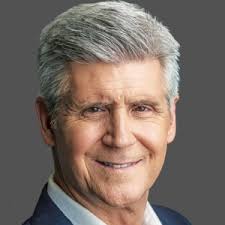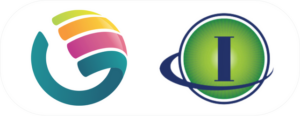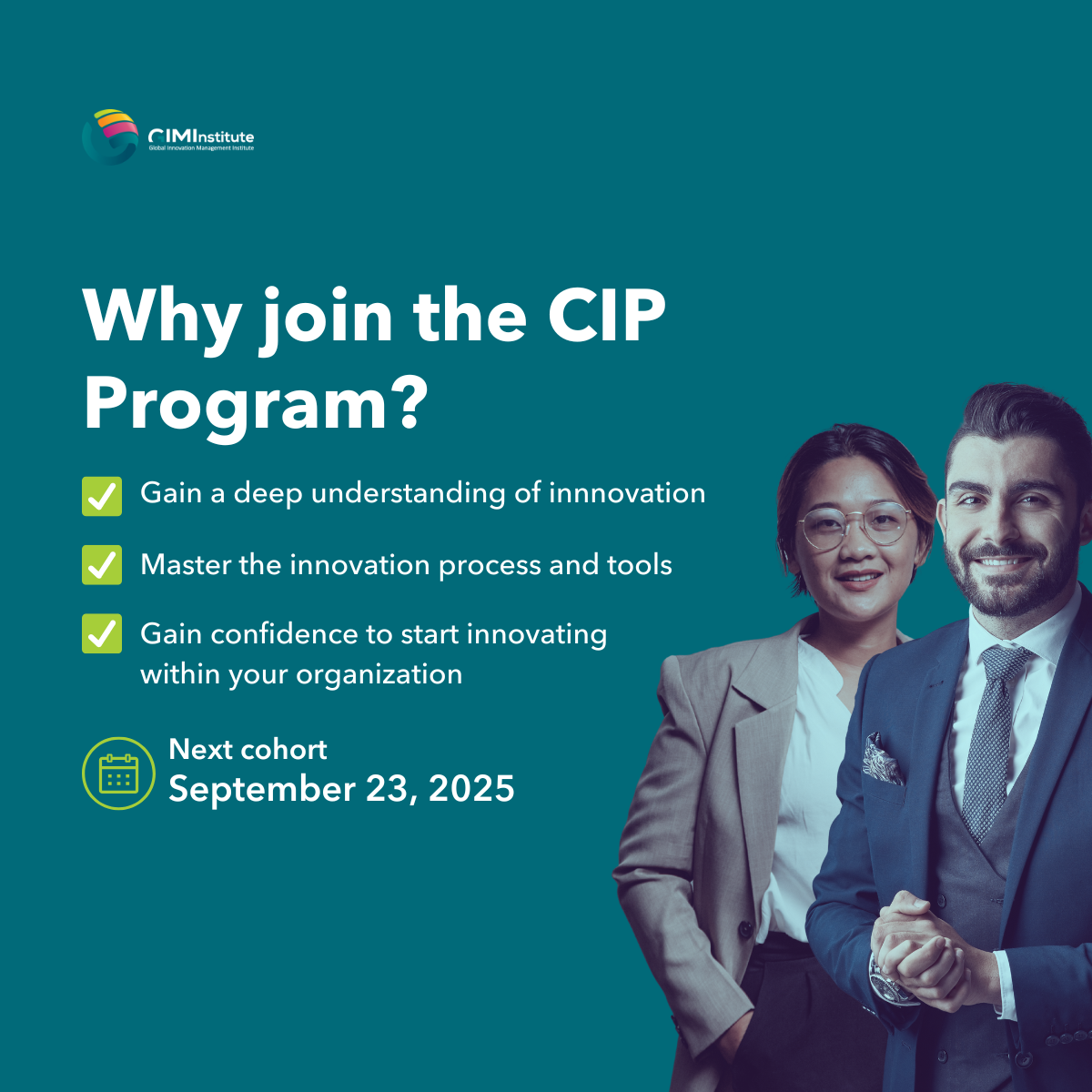Mastering Innovation: Perspectives from a Certified Innovation Professional
In the second chapter of Malcolm Gladwell’s book, “Outliers: The Story of Success”, Gladwell references the 10,000 hour rule, asserting that the key to achieving true expertise in any skill is simply a matter of practicing for at least 10,000 hours. What does this mean when trying to master innovation? First, let’s examine what 10,000 hours mean, then discuss this in the context of professional innovation.
As I read the Gladwell book, a constant in my mind was the question of what 10,000 hours means. Let’s start with a scary proposition for anyone who frequently flies. In the United States, a pilot must log 1,500 hours of flight time to qualify for a commercial pilot’s license. Given a rough estimate of that cost means that the student must invest up to almost $500,000 on the high side and if you follow mastery guidelines, assuming you fly full time (highly unlikely), you would still need five years to become a master pilot. This means that you should fly for six-years almost non-stop.
Physicians require an internship and residency program to become proficient in a specialty. A surgical residency for a physician is five-years, a little shy of 10,000 hours if they ONLY work 40-hour weeks. Neurologists require three-years. A transplant residency requires two-years, and an emergency residency requires 3 to 4-years.
So, according to Gladwell, many professionals to which you trust your life are not, in fact, masters of their profession. How should one feel about this when you get on your next airplane flight? Perhaps the deeper discussion of talent and experience was beyond them scope of Gladwell’s book, but how does natural ability, situational opportunity, and training intensity affect the mastery of a topic?
I have a son who possesses a pilot’s license. He earned it by accruing the required hours but did he, in fact, need all those hours and what would substitute for those hours? Let’s look at him as an example. He eventually decided not to pursue his commercial license, mostly because it was nearly impossible to fly with an instructor during covid, but that is another story. Instead, he decided to become an electrical engineer, which in fact, suited him well. So, the question is whether an individual who possesses an inherent understanding of physics and math need as many hours to master flight as someone who does not possess those skills. For that matter, if a young person become a volunteer in a hospital and works their way to unit secretary, phlebotomist, and/or surgical scrub tech really needs a five-year residency?
As we see higher ed challenged by the traditional pedagogical models to something yet to be defined, is it possible that we need to abandon a one-size-fits-all model? As a case in point, one could argue that the rise of authoritarianism throughout the world could be rooted in frustration of government as a black and white system that applies the same lows to everyone, regardless of their individual situation. For example, in the United States one must register for social security benefits when they reach 65, regardless of your lot in life. If you do not register you have to pay a 10% surcharge on Medicare part B premiums for each year you go without coverage starting the month you are eligible for coverage. You are required to pay this penalty each time you pay your premiums if you have part B.
Ponder this for a moment. Jamie Dimon, Bill Gates, Jeff Bezos, Mark Zuckerberg, and Elon Musk must pay a premium for late filing when they reach 65. Now, figuring out who the healthiest person in the world might be is a little more difficult, but most of us know someone who reaches 65 who is a perfect weight, has excellent vital signs and is on no medications. Generally, these people have eaten well and exercised their entire life, although there are many people who just happen to have great genes and also fit the bill. Some authorities point to Charles Eugster, who at 96 years old holds world records at the 200m indoor and 400m outdoor. He holds British records in the 60m (indoor), 100m (outdoor), and 200m (outdoor) and he is still built like a 19-year-old. Should it be mandatory to sign up for Medicare even if you are wealthy, have a job with insurance and are physically fit?
Should these people be measured and required to register with Medicare in the same way as people who are wealthy and never need it, or someone who is an outstanding physical specimen. The answer today is “yes” but that could soon change.
The issue alluded to earlier about authoritarianism posits that in the “real world” Google, Meta, Twitter (X) and Amazon can predict things about us that we do not even know. However, when it comes to government services, we all fall into the same bucket. We are all equal and therefore there are no excuses for doing anything even slightly different than anyone else. For example, I live in a historic district of a historic city and the rules of remodeling are entirely inflexible. To make things easy for the city, an owner of a historic home can change nothing about the appearance of the property. But what if the owner is an archeologic historian that knows more about the historic district that the most qualified city bureaucrat? Sorry, same rules apply. Governments around the world must adopt innovation methodologies and find a way to treat citizens utilizing a mass customization model.
So, how does all this relate to the topic of this article? Does experience help or hurt innovation? How can I become a master at innovation?
First, let’s examine experience. Is experience a good or bad thing when talking about innovation? A case could be made for both experience and inexperience. Since Silicon Valley is considered by most as the innovation capital of the world, but is every having to do with innovation about technology? There have been articles lately about 23 and me falling from a six billion valuation to being almost worthless today. They were an innovation darling at one point, but today are considered a textbook failure in innovation.
It should have been clear from the beginning that the company needed to continue to innovate. Consider that taking a DNA test is not like buying a car or a house. Once you know your genetic profile, what else can they sell you? Additionally, you also run the risk that you will be told that you have a 10% chance of developing Parkinson’s disease. What now? So, one could easily argue that the Wojcicki sisters had the required 10,000 hours of experience at STEM, but did they also have 10,000 hours of management experience or 10,000 of innovation experience?
This leads us to the question of mastering innovation. If one is a master (10,000 hours of experience) in any field, does one also need 10,000 hours of practice at being and innovator?
This is where I would argue that Maxwell should have qualified his premise with additional background. In short, does a bird need 10,000 hours of flying to master it? Does a human need 10,000 hours to learn to master walking? Does a singer need to sing for 10,000 hours? Does an artist need 10,000 to learn to paint? Does an innovator need 10,000 hours to be innovative? Does a lion need 10,000 hours before they can hunt effectively?
I would argue that none of the above requires 10,000 hours of practice as they are skills that are considered innate, inborn, or inbred. Given this, can creativity be considered innate? Since there is general consensus that creativity is something humans are born with conformity to society is a learned skill, then it is easy to argue that mastery of creativity, and as an extension, innovation, shouldn’t be a 10,000 hour exercise.
Instead, let’s assume that conformance to anything is simply something that has been programmed into one by an industrial age system that asks people to simply do the same thing over and over. Let’s also assume that we are now in a transitionary stage whereby we are moving from an industrial age model to an innovation age model. This is where universities and governments fail their constituencies. Training people to conform to a rigid set of standards and/or behavioral model, then asking them to be creative and innovative are models at odds with each other and confusing to your students and employees.
Ideally, what we should be doing is teaching people how to conform, when necessary, but remain creative as a matter of fact. Think of this as teaching someone manners; necessary when required of a situation, but not in every aspect of life.
Therefore, mastering innovation is like learning manners (conformance being the learning manners part). As humans, we have another innate skill; that of being able to adapt and reshape ourselves given the context of the situation. Learning innovation shouldn’t be a 10,000-hour problem since we already know how to be creative, we just haven’t always been given the chance. We all know someone who was fired from a job for changing a procedure or process, even if it proves to be a better way.
Taken from the perspective of innovation training. We need training to know how to use the tools and techniques. We need innovation training to learn when and how to be creative and when to conform. We need innovation training to manage the process, and most importantly, we need the training to understand how to lead people who may not feel comfortable with unleashing their creative self.
In conclusion, we do not need 10,000 hours to master innovation. To master innovation, we need to learn the tools and techniques while allowing ourselves to tap into our creative self. The training that one achieves in acquiring a certification in innovation from GIMI-IAOIP is the best first step. Becoming involved in the community of innovation professionals that the association’s internal system (Tradewing) offers a feedback loop to help you synthesize your learning into mastery. As usual, myself and the entire GIMI-IAOIP community is there to help.
February 13, 2024

Editor-in-Chief
International Journal of Innovation Science


